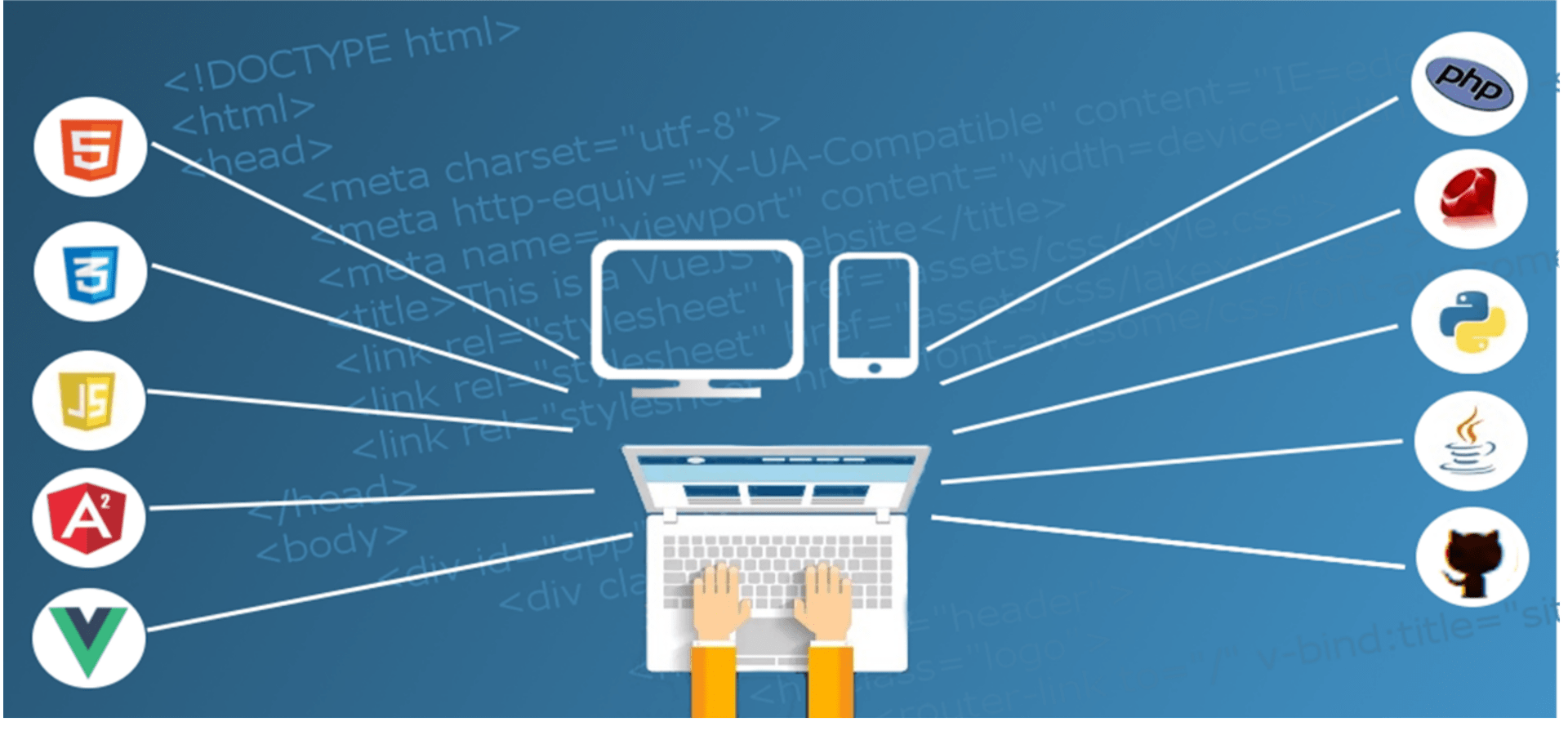Launching an Online Business: What You Need to Know
Many people dream of starting their own business. Sometimes, the thought of going from being an employee to an entrepreneur is a scary one. But what if you already have a presence online? In today’s world, it is more and more common for people to start a business on the internet as opposed to in a brick-and-mortar storefront. First, you need to determine your niche, or what you specialize in. Then, you can build an audience around that topic. You’ll be able to market yourself locally by reaching out to bloggers in your area who might find value in having your content shared on their site.
Start an online business
Define your product or service.
Start an online business Register a domain name.
Like the name of any other business, go for something short and catchy that will be easy for people to remember. Visit the website of a domain registration company and test out some of the names you’re interested in to determine whether they’re available. Once you land on a good name, go ahead and register it.
- Before you register your business, it can help to have a business plan laid out. Consider your production costs, shipping costs, taxes, and web hosting fees.
- Know the business regulations in your state, and be sure to comply when you get things up and running.
Get a web hosting service Bluehost
There are free hosting services to be found, but if you’re serious about running an online business long term, consider paying for one that offers all the services you need. You’ll be less likely to run into problems when your business starts to take off. Choose a hosting service that allows for growth.
- Some hosting services are highly structured, allowing you to choose from among different templates to create a website quite easily. Others allow you to do your own programming, giving you greater flexibility.
Set up your website
Decide on a name
Deciding on your business name and registering your domain name should be done in tandem. The last thing you want is to find out that one or the other (the domain you bought or the name you chose) is registered to some other business.
There are clear benefits to having a domain name that’s the same as your company or product name. You want to make it as easy as possible for people to find you when they search for you online. The same is true when you’re naming your storefront if you’re using an online platform like Etsy or Ebay.

Build out your site
In some instances, it will definitely make sense to build your own site. If you’re building an actual online product, like a SaaS product, your team probably already has the skills necessary to build your marketing website.
If you’re simply using the web as a platform to sell something analog (clothing or a subscription meal box, for example) or a service like consulting, design services, or even vacation rentals) you might benefit more from using an existing platform, or at least a templated ecommerce option, so you’re not starting from scratch.
Hiring a web design firm is always an option. Either way, remember that it’s never a bad idea to build out a minimum viable product (MVP) site first. Meaning, you don’t have to build a 100 percent perfect site right out of the gate. Test your hypothesis that your product or service is marketable using a lower cost, simpler option at first.
Make it mobile friendly
It’s still possible to build websites and elect to use templates that aren’t mobile friendly. You can pretty much broadly assume that it’s a bad idea. However you decide to build your online presence, don’t skip making it mobile friendly.
If your site is not optimized for mobile, your users will have a less positive experience when they try to find you from their phones, but Google will also penalize you in search results, meaning you’ll be harder for new customers to find organically.

Pay attention to image quality
Poorly lit or sloppily composed images on your site don’t do anything to build your credibility. Whether you’re selling products, ideas, or experiences, using high-quality images will make a difference.
If you’re selling products, either hire a freelancer to do the job right or invest in the equipment that you’ll need to take and edit high-quality photos. If you’re not sure you can afford professional images, check with local colleges to see if there are students looking to learn and build their portfolios that cost less than well-established professionals.
And don’t fall into the trap of settling for terrible stock photos. You know the ones. The super corporate looking or 1997-esque images won’t be doing you any favors, especially if you’re entering a more crowded market.
Think about blogging
Content marketing (blogging) may or may not be part of your initial marketing plan. The key here is to retain optionality. If you’re building your site from scratch or using an ecommerce template through Squarespace or someone else, make sure to build the site in such a way that adding a blog wouldn’t be a major reconstruction. A.I. Tools for SEO: Is it worth it?
Consider monetization and affiliate partnerships
Monetizing your ecommerce site through affiliate partnership and on-site ads is something to consider. 12 Minute Affiliate
If you do decide to incorporate third-party ads on your site, start slowly, especially if your site is minimalist at first. You don’t want prospective customers to be confused about what you’re actually trying to sell on your site.
Don’t set it and forget it
When you launch your site, if it’s self-hosted, set up Google Analytics, or look into whether your third-party solution can offer you monthly insights on how well your site is performing. Use that data to test small changes to your site that might have an impact on your sales.
Start an online business Make it legal
There are a few steps you’ll have to take to make sure your business is legal. While generally speaking, the same rules apply to online businesses as brick-and-mortar businesses, there are a few subtle differences.
Read up on online business regulations
The most important distinction when it comes to doing business online versus in person is online business law. These laws regard the distribution of your customer’s personal information, as well as other privacy and intellectual property regulations. The SBA gives a thorough rundown of the specifics of online business law, so make sure to brush up on them before you start your online business.
Register your business
Decide how you want to set up your company’s legal structure. Lots of businesses opt to form an LLC, but do your research to figure out which is best for you. State-specific requirements will, naturally, vary state by state. Visit your local secretary of state office’s website for more information on compliance at a state level.
Learn about tax obligations for running an online business
Do you operate your business from your home? If you run an online business, it’s likely. As such, you may be eligible for certain tax deductions. You’ll additionally be required to pay income tax, so before setting up your online business, it may be a good idea to consult with a lawyer and make sure that you’re all covered going forward.
Make sure you’re familiar with your state sales tax requirements, but also your online sales tax obligations. One of the best things you can do is make sure that your shopping cart solution is configured properly so that it automatically collects the right amount of sales tax depending on your customers’ location.
Ultimately, starting an online business is similar to starting a business with a physical storefront. You’ll still need to do business planning and you’ll benefit from making sure you understand your tax obligations from the start. Just don’t underestimate the importance of putting together a functional website and getting it in front of your target market.

